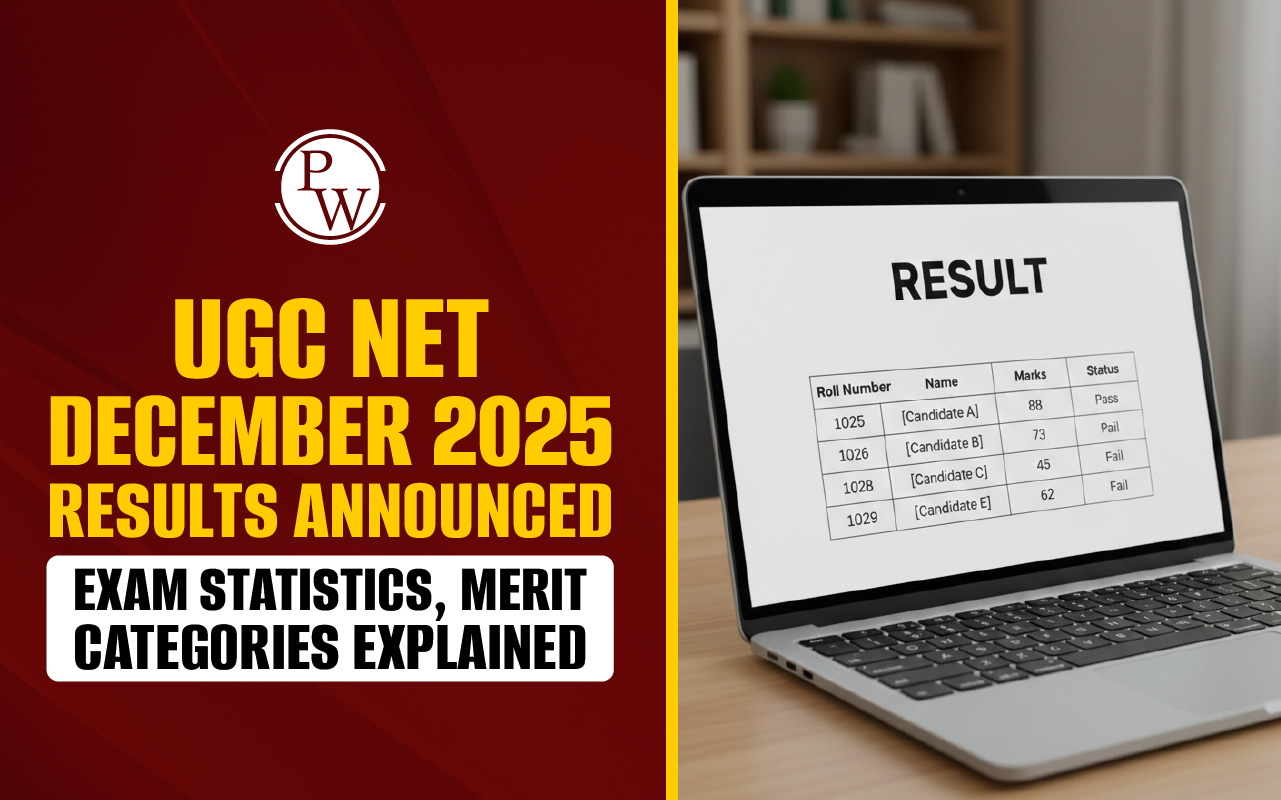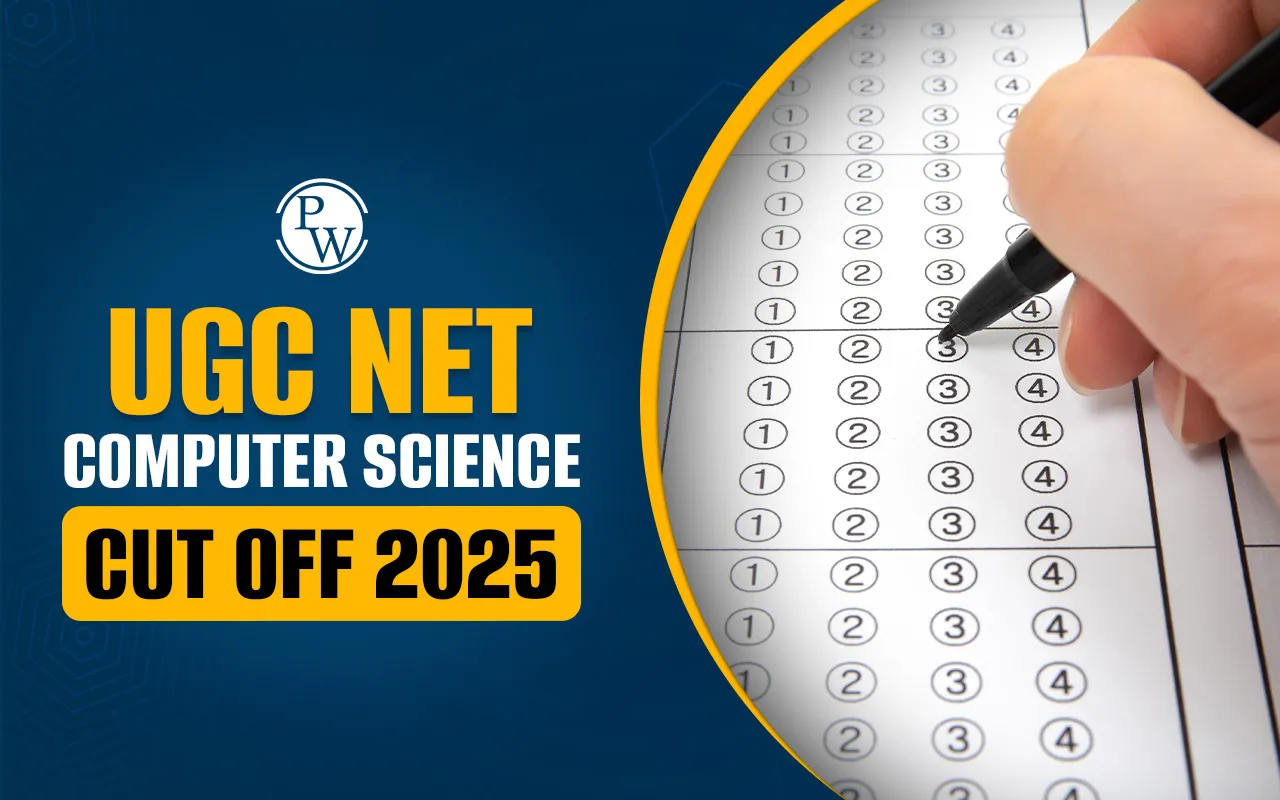
UGC NET Exam Analysis 2025 28th June: UGC NET Exam 2025 conducted on 28th June witnessed thousands of aspirants appearing across various centres in India for both Paper 1 and selected Paper 2 subjects. As per initial feedback from candidates and academic review, Paper 1 was rated as easy to moderate, with a balanced mix of conceptual and factual questions. The exam was conducted in two shifts in Computer-Based Test (CBT) mode by the National Testing Agency (NTA). Presented here is a comprehensive analysis of both shifts, covering section-wise difficulty levels, good attempts, and overall trends based on student responses and faculty insights from the examination day.
UGC NET Exam Analysis 2025 28th June Overview
UGC NET Exam Analysis for 28th June 2025 provides a detailed overview of the exam conducted by the National Testing Agency in two shifts. This analysis highlights the overall exam structure, difficulty level, and good attempts based on student feedback and academic input. It serves as a useful reference for candidates reviewing their performance or preparing for future sessions.
| UGC NET Exam Analysis 2025 28th June Overview | |
| Events | Information |
| Exam Name | UGC NET June 2025 |
| Conducting Body | National Testing Agency |
| Post Category | UGC NET Exam Analysis 2025 28th June |
| UGC NET 2025 Exam Date | 25th June - 29th June, 2025 |
| Exam Level | National |
| Exam Frequency | Twice a year |
| Mode of Exam | Online (CBT Mode) |
| Exam Duration | 3 Hours |
| Number of Papers | Paper 1 and Paper 2 |
| Official Website | ugcnet.nta.ac.in |
UGC NET Exam Analysis 2025 28th June Shift 1 Paper 1 Difficulty Level & Good Attempts
UGC NET 2025 examination conducted on 28th June in Shift 1 saw Paper 1 maintaining an overall difficulty level of moderate, as per initial feedback received from candidates and post-exam academic evaluation. While several sections such as Teaching Aptitude and Reading Comprehension, were relatively straightforward, others, like Data Interpretation and Logical Reasoning, posed a greater challenge. The question distribution remained aligned with the prescribed syllabus, offering a balanced representation across all topics.
| UGC NET Exam Analysis 2025 28th June Shift 1 Paper 1 Difficulty Level | ||||
| UGC NET Paper 1 Sections | Topics Covered | Difficulty Level | No. of Questions Asked | Good Attempts |
| Teaching Aptitude | Skinner, Operant Conditioning, Teaching Characteristics, Bloom Tax, Swayam Prabha, MOOCs, Udemy, Edx, Evaluation | Easy | 5-6 | 3-4 |
| Research Aptitude | Steps of Research, Spearsmen Correlation, Parametric & Non-Parametric, Sampling, Protocol, SD, Numerical, Hypothesis, Types of Research | Moderate | 4-5 | 3-4 |
| Data Interpretation | Age, Percentage, Ratio,I.S.A | Moderate to Hard | 4-5 | 3-4 |
| Reading Comprehension | Questions based on a passage | Easy to Moderate | 4 | 3-4 |
| Maths | Clock, Mixer & Alligation, Proportion, Number System, CI, SI, Series, Boats & Stream, Coding, Decoding, Alphabet | Easy to Moderate | 5-6 | 4-5 |
| Logical Reasoning | Vyapati, Shabda, Comtarary & Contradictory, Informal Fallacy, Hierarchy, Syllogism, Experimental Research, CSOP, Equivalent, Stats, Barrier | Moderate | 4-5 | 3-4 |
| Communication | Shannon Model, Model of Communication, Noise Level, Typess of Communication Model, Circular Model Sequence, Barrier | Moderate | 4-5 | 2-3 |
| Higher Education System, Governance, Polity & Admin | Full Form,Nitiayog, Commission Chronology, National Curriculum | Moderate | 4 | 3-4 |
| People & Environment | Days Match, Earthquake, Noise Pollution, Pollutants, MDG, SDG Goals, SDG Target, Water Treatment, Precipitation, Protocol, | Easy to Moderate | 5-6 | 4-5 |
| Information & Communication Technology (ICT) | Email- Attachment, MS-DOS, Printer, Projector, Firmware, Server Security, MODEM, WIFI, Memory, HTML, HTTP, Virus, Tools | Moderate | 4-5 | 4-5 |
| Overall | Easy to Moderate | 50 | 36-47 | |
UGC NET Subject-Wise Exam Analysis 2025 28th June Shift 1
The subject-wise Paper 2 analysis for UGC NET 2025 Shift 1 held on 28th June is compiled based on student feedback and academic reviews. As per the initial impressions, most subjects reflected a moderate level of difficulty, with questions adhering closely to the latest syllabus framework. While detailed insights are pending for subjects like Bodo, History, and Pali, students reported a balanced approach in terms of content coverage and complexity.
| UGC NET Subject-Wise Exam Analysis 2025 28th June Shift 1 | ||
| Subject Name | Topics Asked | Difficulty Level |
| Bodo | Sources and historiography (ancient, medieval, modern), Harappan civilization, Vedic culture, Mauryan and Gupta empires, Bhakti and Sufi movements, Delhi Sultanate and Mughal administration, colonial rule and 1857 revolt, national movements, economic and social impact of British policies, post-independence reorganization, art, architecture and literature through ages, world history including French Revolution, World Wars, and Industrial Revolution. | Easy to Moderate |
| History | History of Odia language, evolution of Odia literature, medieval Odia poetry including Panchasakha and Vaishnava traditions, modern Odia literature – prose, fiction and poetry, major literary movements and periods, folk traditions and ballads, contributions of writers like Fakir Mohan Senapati and Gangadhar Meher, grammar and linguistic structure of Odia, drama and literary criticism. | Moderate |
| Oriya | History of Odia language, evolution of Odia literature, medieval Odia poetry including Panchasakha and Vaishnava traditions, modern Odia literature – prose, fiction and poetry, major literary movements and periods, folk traditions and ballads, contributions of writers like Fakir Mohan Senapati and Gangadhar Meher, grammar and linguistic structure of Odia, drama and literary criticism. | Easy to Moderate |
| Pali | Origin and development of Pali language, canonical literature including Tipitaka (Vinaya, Sutta, Abhidhamma), non-canonical texts and commentaries, Pali grammar and syntax, schools of Buddhism and their literature, influence of Pali on Indian languages, contribution of Pali texts to Indian philosophy and ethics, translation and interpretation of Pali texts, notable Pali scholars and works. | Easy to Moderate |
| Prakrit | Definition, origin and classification of Prakrit languages, relationship between Sanskrit, Prakrit and Apabhramsa, important Prakrit texts like Gatha Saptasati and Jain Agamas, features of Maharashtri, Shauraseni and Magadhi, Prakrit grammar by scholars like Siddha Hemachandra and Vararuchi, Jain literature in Prakrit, role of Prakrit in Sanskrit drama, phonological and morphological features, Prakrit prosody and metrics. | Moderate |
UGC NET Subject-Wise Exam Analysis 2025 28th June Shift 2
The Shift 2 subject-wise Paper 2 analysis of UGC NET conducted on 28th June 2025 has been compiled based on student feedback and academic observations. Though data is still being compiled for subjects including Psychology, Management, and Disaster Management, the general perception indicates a moderate level of difficulty. The questions were largely curriculum-aligned and required both conceptual understanding and application-based reasoning.
| UGC NET Subject-Wise Exam Analysis 2025 28th June Shift 2 | ||
| Subject Name | Topics Asked | Difficulty Level |
| Psychology | Foundations of Psychology, Cognitive and Affective Processes, Learning and Motivation, Personality Theories, Social Psychology, Research Methods and Statistics, Psychological Testing, Developmental Psychology, Clinical and Abnormal Psychology, Industrial and Organizational Psychology. | Moderate |
| Maithili | History and development of Maithili language, major literary periods, ancient and medieval poetry, folk traditions and oral literature, modern prose and poetry, drama and essays, grammar and linguistics of Maithili, literary criticism and cultural context. | Easy to Moderate |
| Arabic | Classical Arabic literature, Modern Arabic prose and poetry, Arabic grammar and syntax, Arabic linguistics, translation and interpretation, Quranic studies and Hadith literature, Arabic rhetoric and stylistics, literary criticism, history of Arabic literature across regions. | Easy to Moderate |
| Gujarati | History of Gujarati language, medieval and bhakti literature, modern poetry and fiction, grammar and linguistic features, folk literature and reform movements, literary forms such as essays and drama, literary criticism, major authors like Narmad, Umashankar Joshi, and Suresh Joshi. | Easy to Moderate |
| Management | Principles and Functions of Management, Organizational Behaviour, Human Resource Management, Financial Management, Marketing Management, Strategic Management, Business Environment, Entrepreneurship Development, Managerial Economics, Corporate Governance and Ethics, Research Methodology. | Moderate |
| Telugu | Origin and evolution of Telugu language, classical and medieval Telugu literature, modern literary movements, prose and poetry, grammar and linguistics, folk and tribal literature, literary criticism, contributions of writers like Pothana and Gurajada Apparao. | Easy to Moderate |
| Physical Education | History and foundation of Physical Education, Anatomy and Physiology, Kinesiology and Biomechanics, Sports Psychology and Sociology, Training Methods, Yoga and Physical Fitness, Health Education and Nutrition, Rules of Games and Sports, Research Methodology in Physical Education. | Moderate |
| Sanskrit Traditional Subjects | Vedas and Vedangas, Darshanas (Indian Philosophical Systems), Sanskrit grammar (Paninian system), Kavya Shastra, Indian Epics (Ramayana, Mahabharata), Upanishads, Classical Sanskrit Literature, Commentaries and Sub-commentaries, Alankara Shastra, Manusmriti and Dharmashastra texts. | Moderate |
| Ayurveda Biology | Basic concepts of Ayurveda (Tridosha, Panchamahabhuta), Anatomy and Physiology in Ayurveda (Sharira Rachana and Kriya), Dravyaguna (Ayurvedic pharmacology), Rasashastra and Bhaisajya Kalpana, Pathology (Rogavigyan), Ayurvedic diagnosis and treatment methods, medicinal plants and their properties, role of diet and lifestyle in Ayurveda. | Easy to Moderate |
| Disaster Management | Fundamentals of disaster management, types and classification of disasters, disaster preparedness and mitigation strategies, risk assessment and vulnerability analysis, institutional frameworks and policies in India, community-based disaster management, climate change and its impact, post-disaster recovery and rehabilitation, role of technology and GIS in disaster response. | Moderate |
| Overall | Easy to Moderate | |
UGC NET Marking Scheme 2025
UGC NET Marking Scheme 2025 remains consistent with previous years, as outlined by the National Testing Agency (NTA). Paper 1 consists of 50 objective-type questions carrying 2 marks each, totaling 100 marks. Paper 2 includes 100 questions, each worth 2 marks, summing up to 200 marks. Both papers are conducted in a single session of three hours. There is no negative marking for incorrect answers, which encourages candidates to attempt all questions without the risk of score deduction.
| UGC NET Marking Scheme 2025 | |
| Papers | Marking Scheme |
| UGC NET Paper 1 | Total Marks: 100, 50 Questions, 2 marks per question, No negative marking for incorrect answers. |
| UGC NET Paper 2 | Total Marks: 200, 100 Questions, 2 marks per question, No negative marking for incorrect answers. |
UGC NET Exam Analysis 2025 28th June FAQs
What was the overall difficulty level of UGC NET Paper 1 on 28th June 2025?
How many good attempts are considered safe in Paper 1?
Was there any negative marking in the UGC NET 2025 exam?
Which sections were the easiest in Paper 1?
On what basis is the exam analysis prepared?










